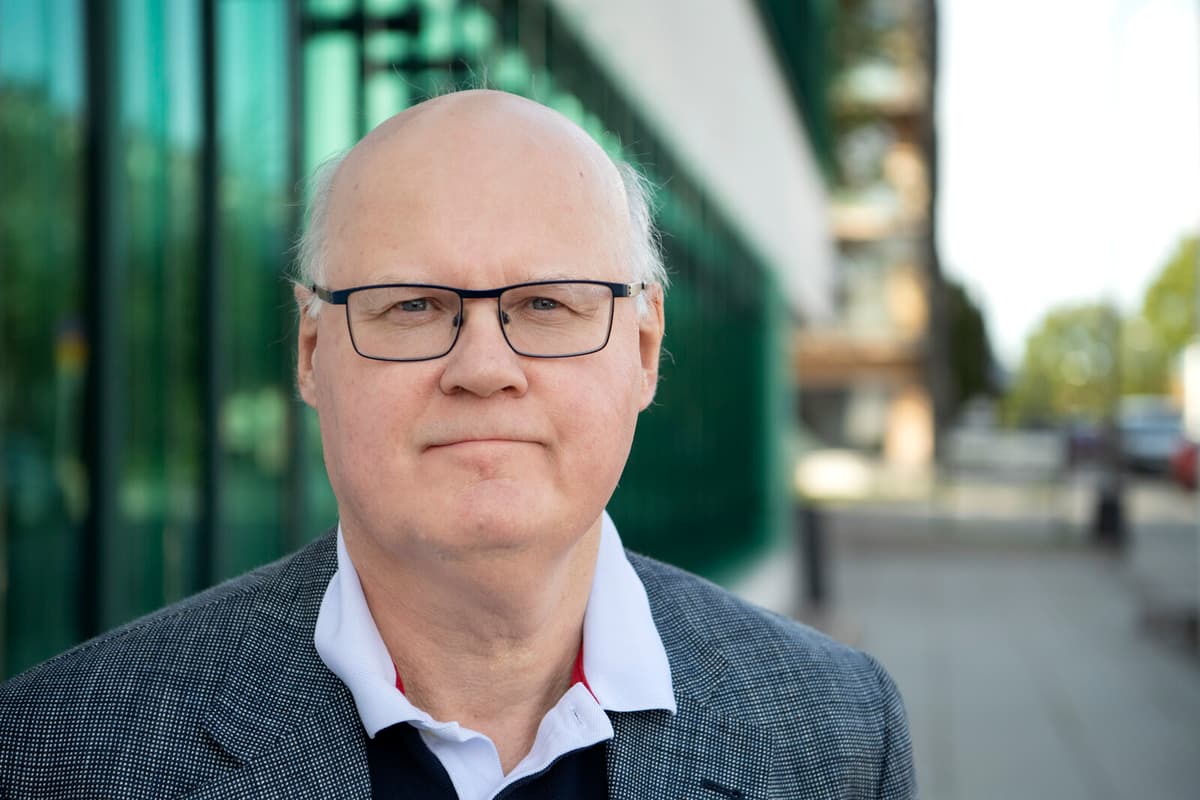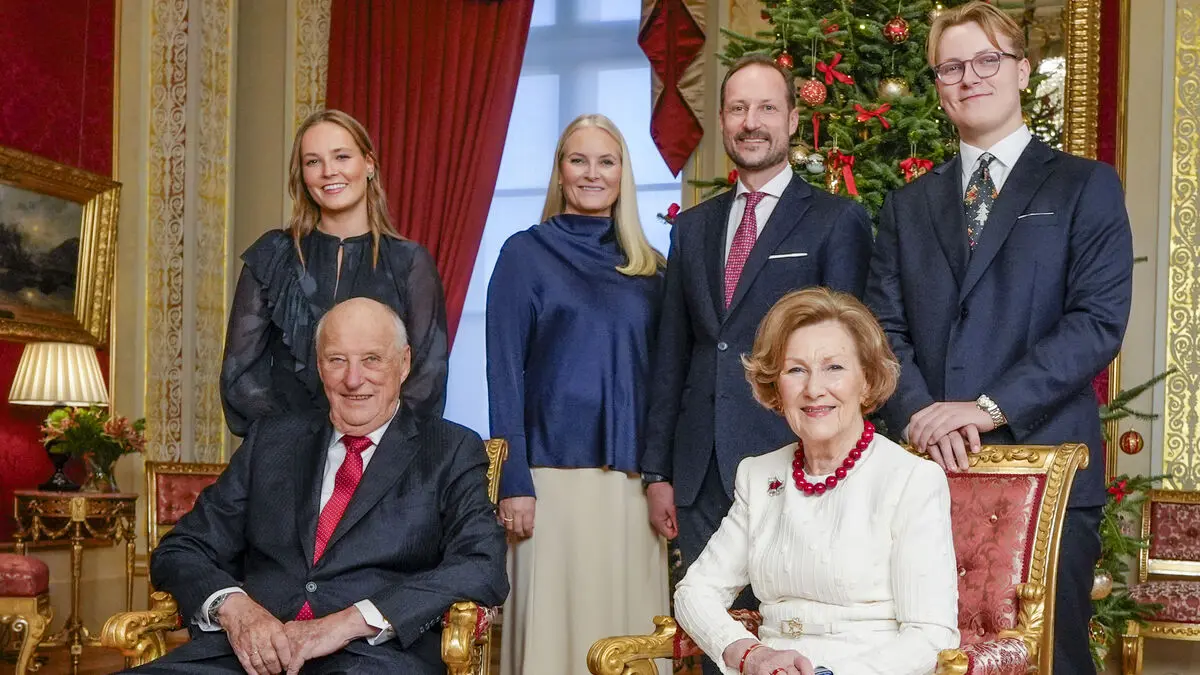The formal security guarantees that Ukraine's President Volodymyr Zelenskyj demanded are not included, but it is still an important step in the relationship between the USA and Ukraine, according to Jan Hallenberg, professor emeritus in political science, associated with the Foreign Policy Institute (UI).
Had this not come to pass, Trump would be more unwilling to support Ukraine, he says.
Blaming Russia
Finance Minister Scott Bessent says that the agreement signals Washington's "commitment to a peace process with a free, independent, and prosperous Ukraine at its center". Moreover, the war is described as "Russia's full-scale invasion", which breaks with Trump's previous incorrect statements that Ukraine caused the war.
The agreement is not said to contain any reimbursement for the aid that Ukraine has already received from the USA. Moreover, the agreement on natural resources is not as one-sided in American favor as the agreement that the USA, according to reports, wanted to have last winter.
There are many uncertainties, but in principle, it is much better for Ukraine's part than the original agreement. In that way, it is a success.
Domestically Important
In the USA, the government is beating its chest that the agreement can lead to peace, something that Trump promised before he was elected that he could bring about after just one day in the White House. But for Trump, it is also about domestic politics – where the president is pressed by opinion polls and the effect of his trade tariffs, says Hallenberg.
In a situation where the economy is wavering, prices will rise, and shelves will stand empty, he must have positive news. He will exploit it to the max, says Hallenberg.
But it is very far from a ceasefire, from a truce, and even further from peace.
Advertisement






